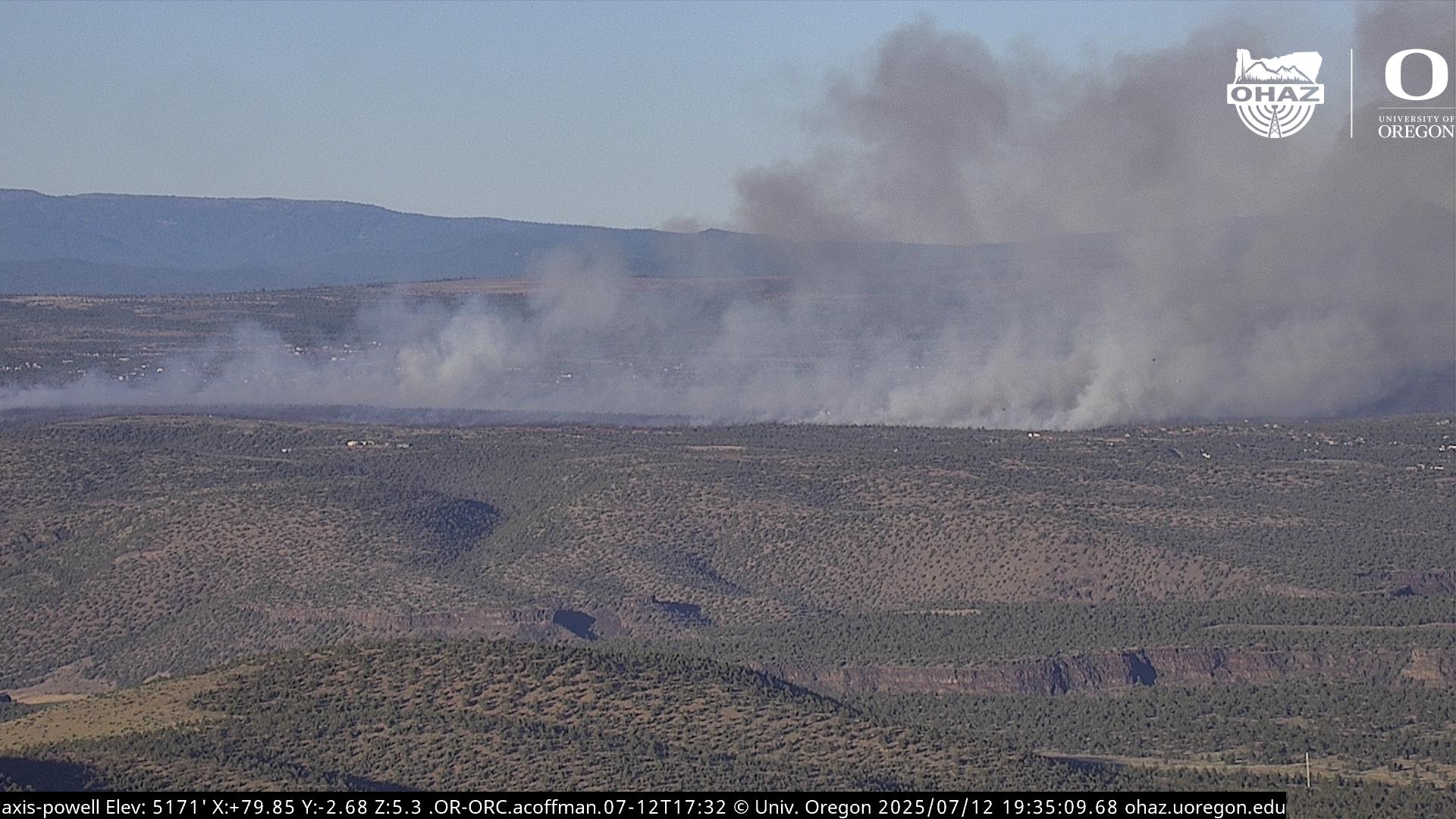Letters: Immigration blame game; No e-bikes on trails; Bad forest management
Published 12:00 am Tuesday, July 10, 2018

- (Joe Kline/Bulletin photo)
The blame game and immigration
Where does the blame for allowing children to enter the United States unaccompanied fall? It’s Trump’s fault, of course. The president is there to enforce the laws not create them; that falls on Congress. It’s easy to blame the president for anything we don’t agree with. Maybe it’s time to look in the mirror and see where the fault really lies. We have elected a do-nothing Congress where one party blames Trump for all the ills of the world and the other party sits on their hands. Past presidents have enforced the immigration laws and separated children from their parents. Open borders, eliminate ICE. Is that the answer? Look to Europe and see how well that has worked. We are a country of laws, and if we don’t enforce them we have no country. If you want to blame someone, blame me and the 60 million other Americans who elected Trump as our commander in chief. Lastly, when you give up your guns, remember, I will still have mine, and I will be here to defend your right to live in a free and open society.
Trending
Bob Grabar
Redmond
Keep e-bikes off the trails
The Bulletin recently editorialized that e-bikes should be allowed on singletrack trails that are designated only for nonmotorized use. What part of ‘no motors’ don’t people understand?
I agree that Class 1 e-bikes are unlikely to be detrimental to trails, but you ignore the significant issues around enforcement. Many mountain bike advocates are concerned about our precarious access to trails if we start to mix human-powered recreation with motor-powered recreation. Of the many places I’ve ridden over almost 30 years, I have yet to encounter many rangers on the trails. With limited budgets for state and federal lands, I don’t expect I will ever encounter a ranger on a trail to check who is conforming to the law. Thus, who will distinguish between (relatively) low-speed Class 1 e-bikes and e-bikes with higher power motors?
The fear many of us have is that traditional mountain bikes will get lumped in with e-bikes and we will lose access to trails that we have today because it is easier for land managers to issue a ban on all bikes than control what type of bike is on the trail. We are fortunate in Central Oregon that bikes are allowed on many trails, but in much of the country, bikes are not as welcome. Why risk our access to human-powered trails when e-bikes already have access to many trails and dirt roads that are designated for motorized use? Keep it simple — no motors on nonmotorized trails!
Trending
Alex Anderson
Bend
Improper management of public forests
I am noticing that many of the prescribed burn areas have a lot of fresh stumps and large piles of left-behind branches (presumably from the logged trees). Though I understand that fire is a natural part of the cycle, I feel confused over the idea that intentionally setting fires outside of the natural fire season, potentially setting/controlling those fires with chemicals, cutting down trees, hauling the cut trees away, piling remaining branches up, and creating new roads to manage these prescribed areas is anywhere close to what would happen in a natural fire event.
My understanding of a natural fire is that the trees and down wood burn during the time of year when nature deems it to happen. How is the current strategy actually mimicking nature by intentionally causing fires without leaving all of the trees and down wood in place? Isn’t fire ecology about allowing the down wood and remaining trees to burn in place so that the resulting ashes can feed the current and future flora and fauna, as well as reduce fire risks? Where is all the wood going? I’ve valued hiking and biking around Oregon forests for the past 20-plus years, noting that most of the public lands had a very wild feeling to them. Now it seems everywhere I go, I see stumps, brush piles, newly carved roads and less wildlife. I would rather risk nature’s management over the current management of our ecological riches. Perhaps an investigative article is due.
Leslie Hawes
Detroit








